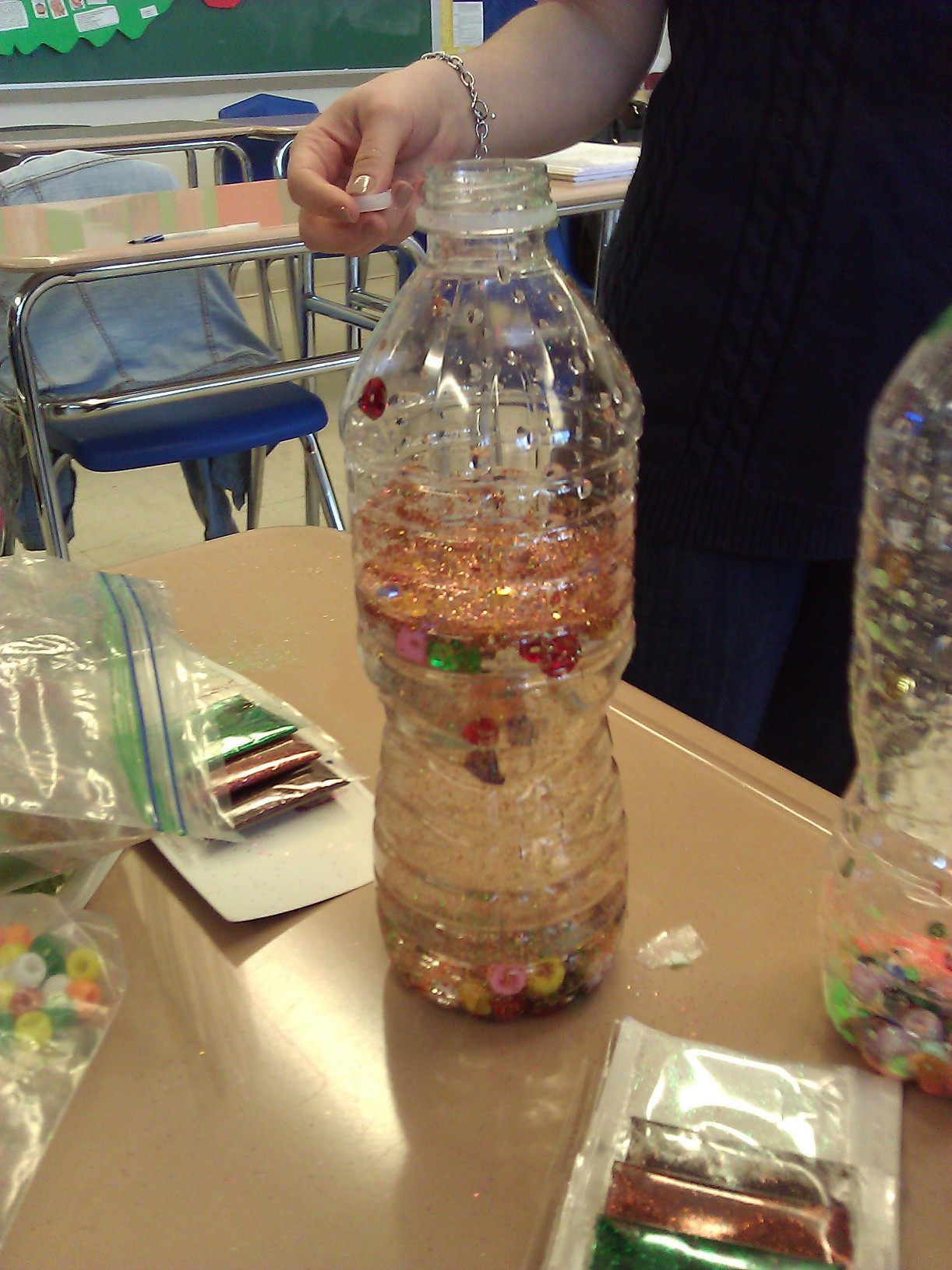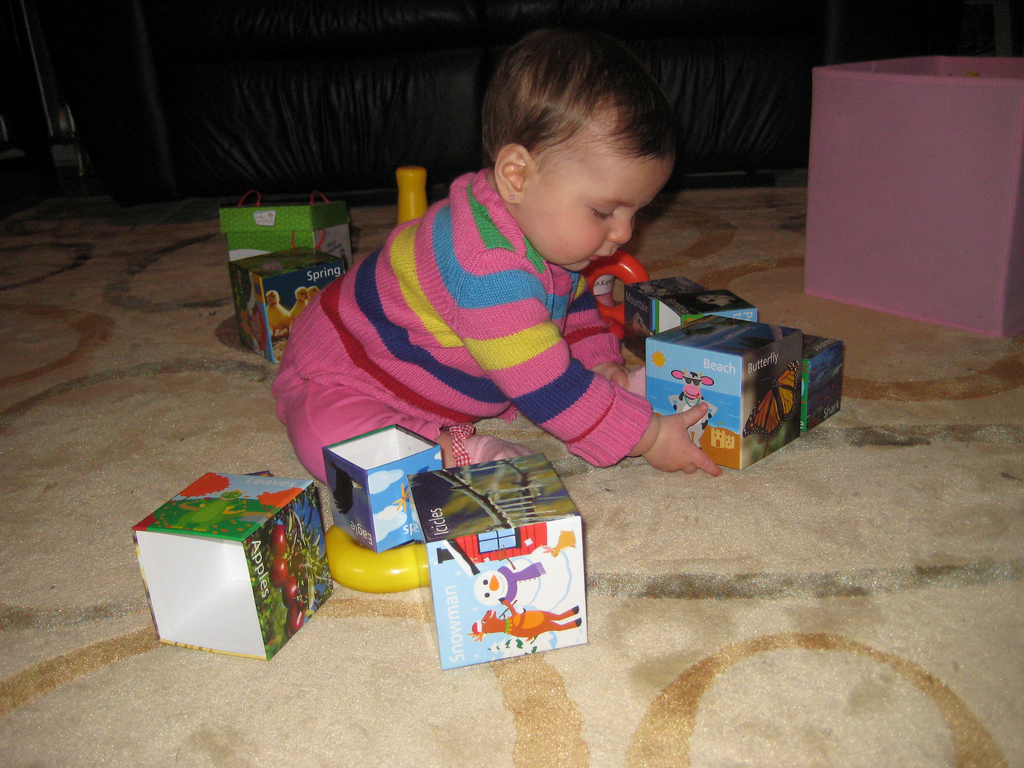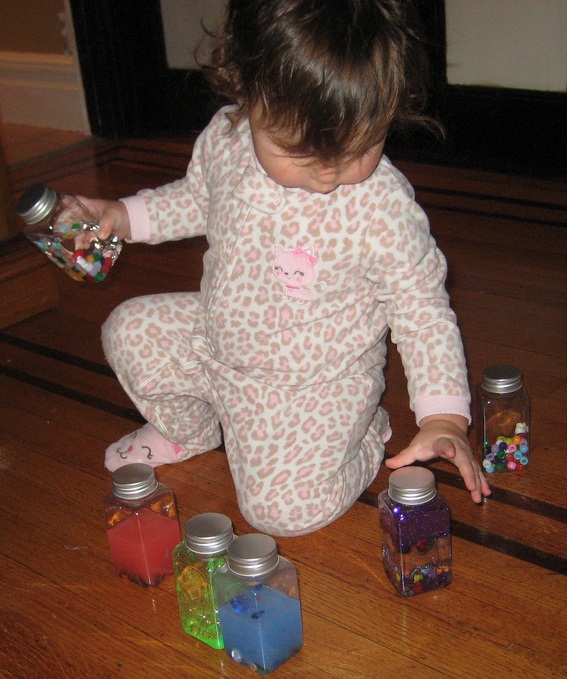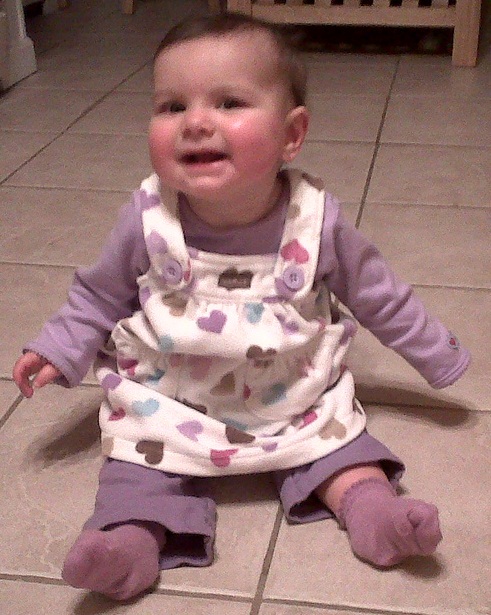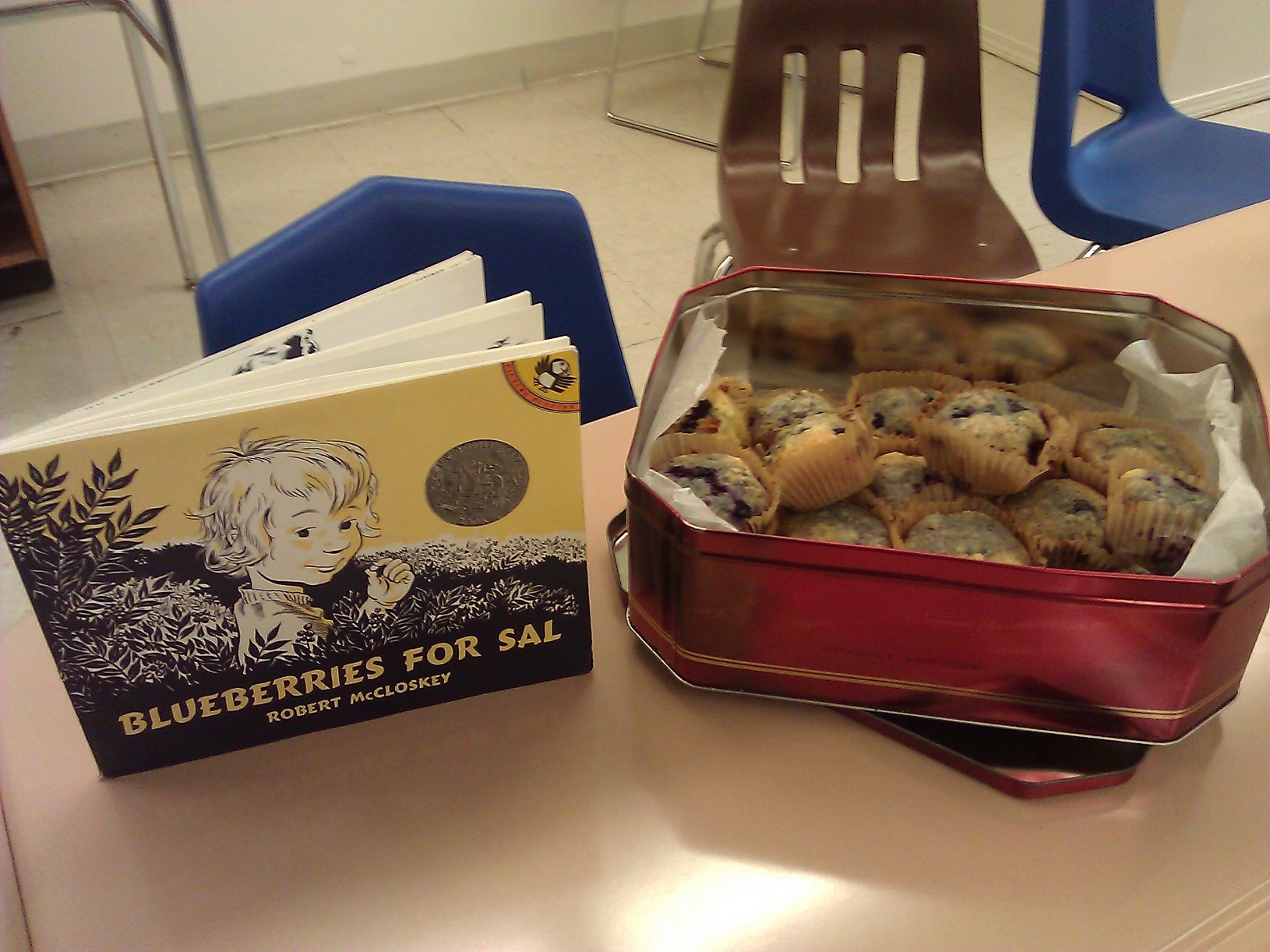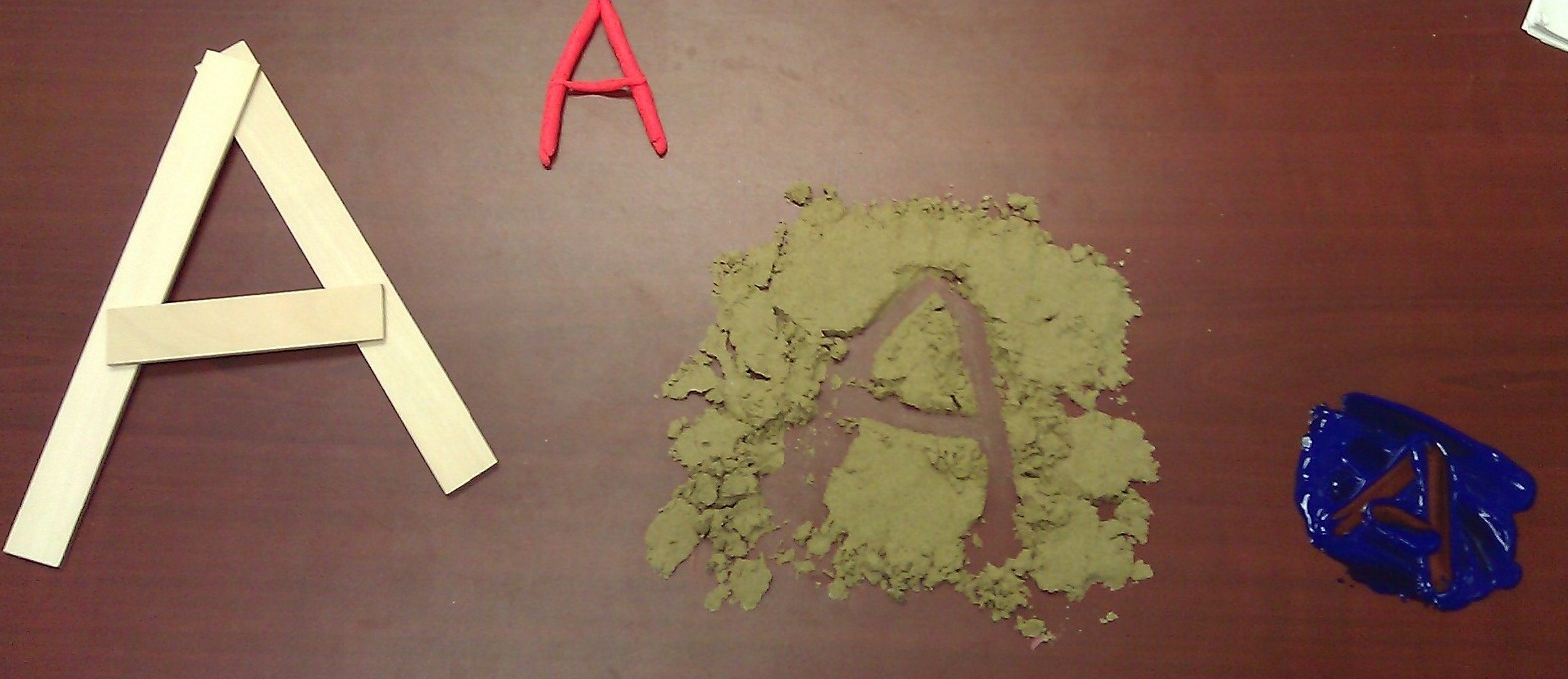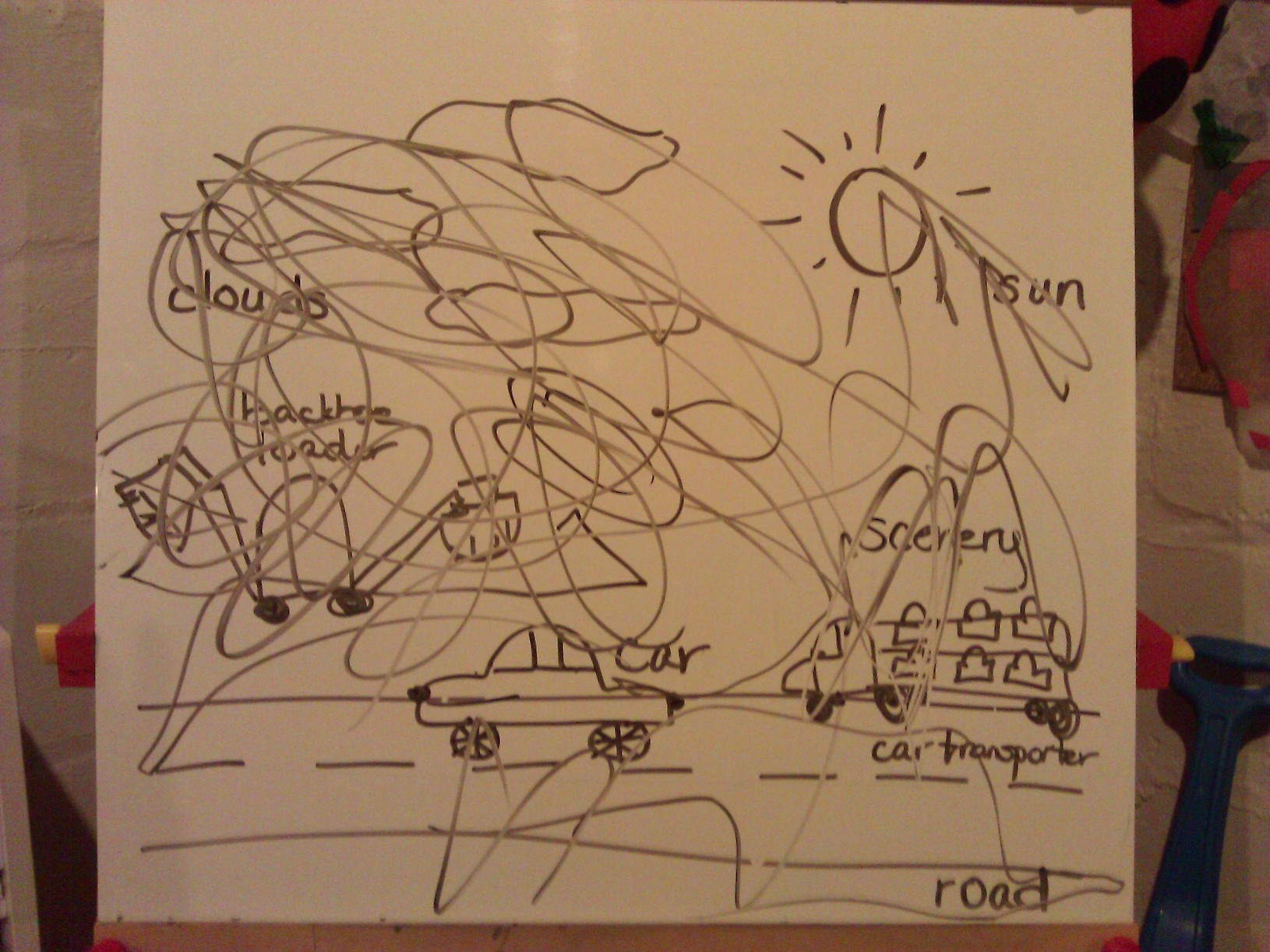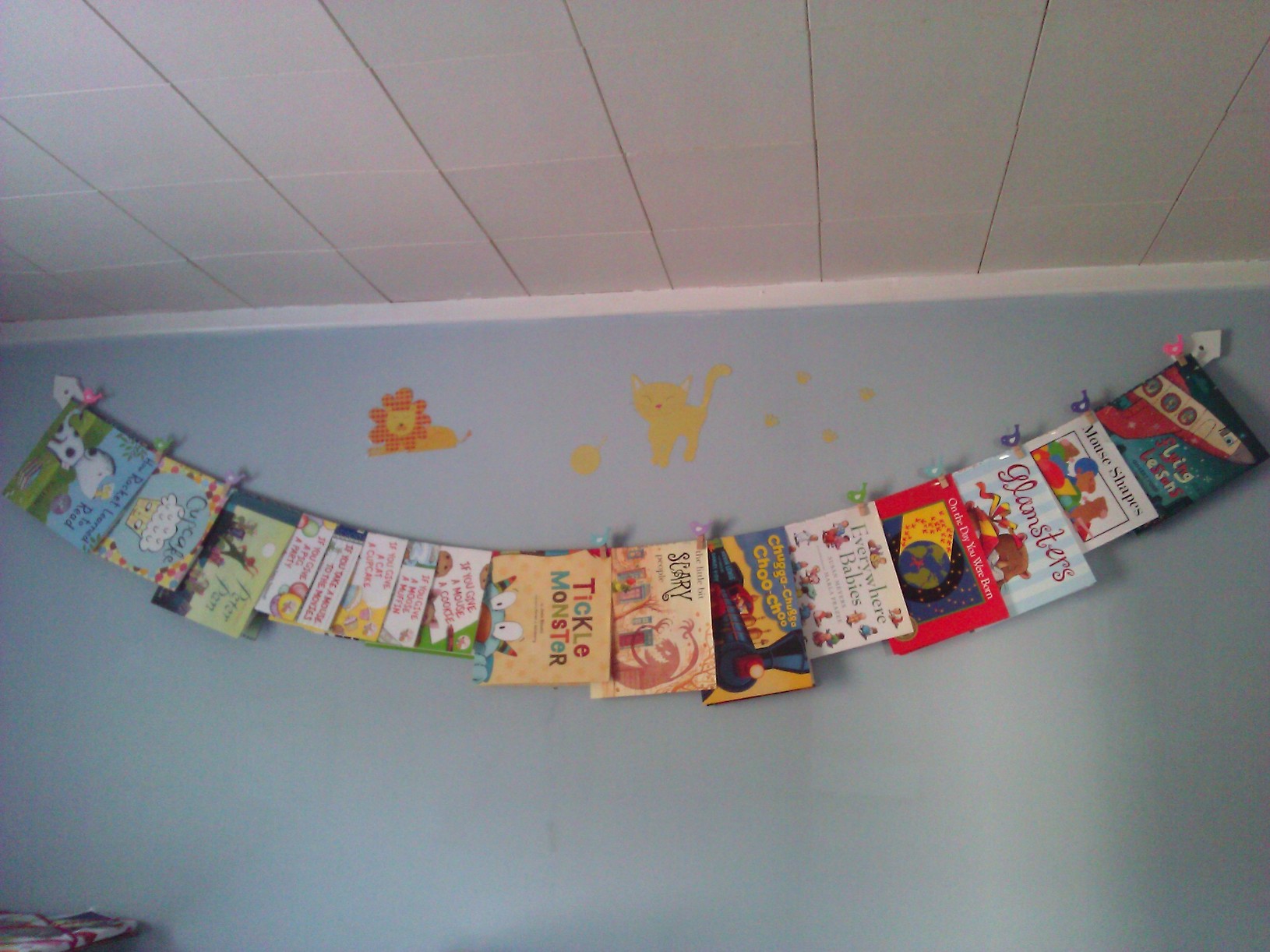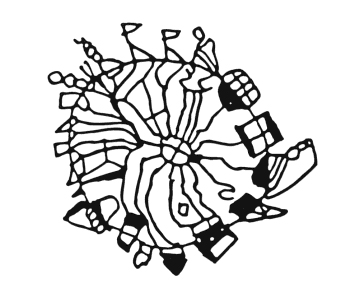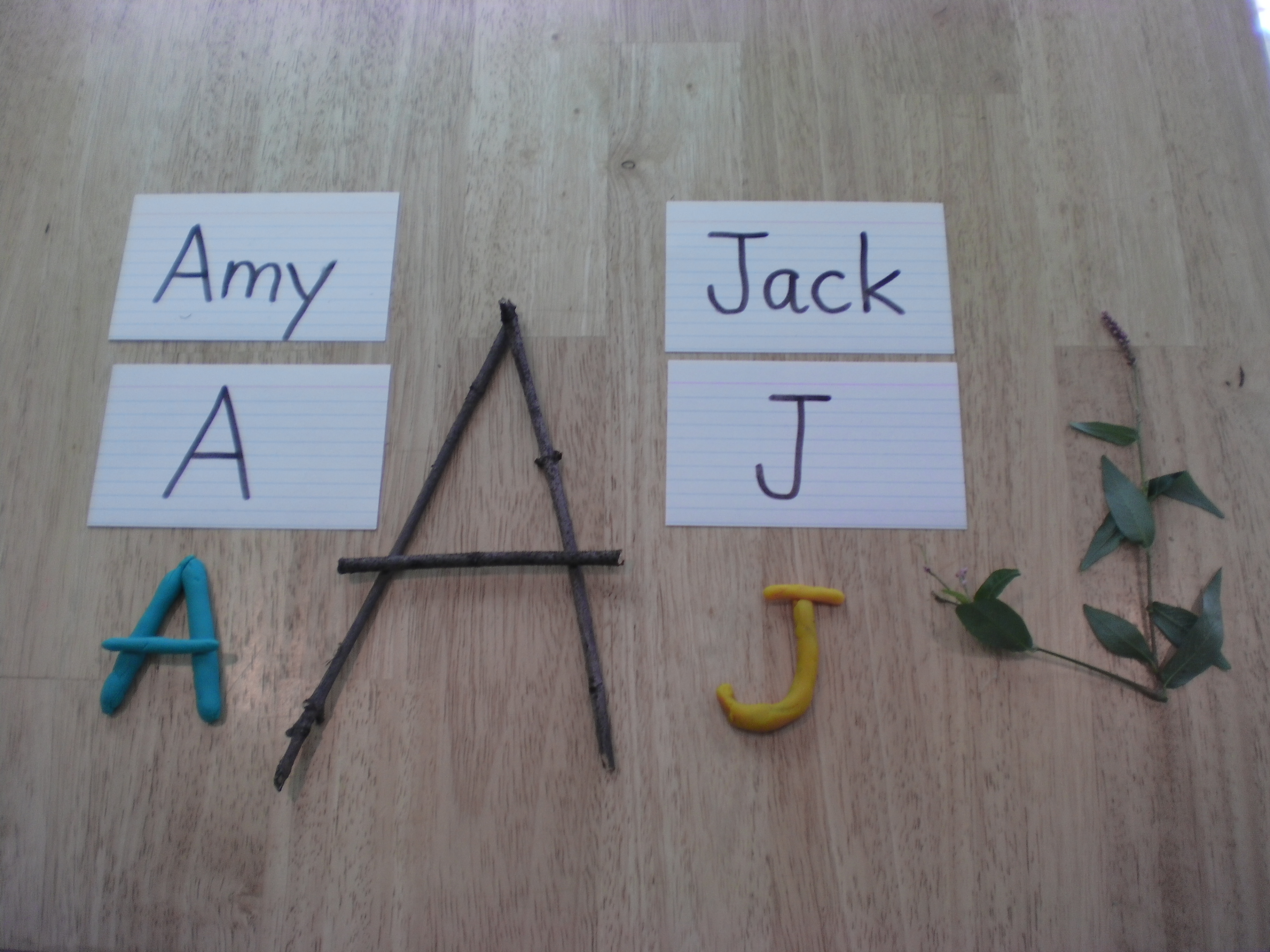Perception is the first area of development that any parent or caregiver of infants and toddlers should learn about. By now we know that infants and toddlers learn by exploring with their five senses. Sensory experience links to motor development and early sensorimotor experience provides the basis for cognitive development. Perception is the ability to take in and organize all of these sensory experiences. Sensory Integration is the process of combining and integrating information across the senses. It is critical to the development of perception and helps children apply information learned from one sense to another sense. Continue reading “Sensory Bottles and Sensory Bags – Let’s Talk Perception!”
Category: Headlines
Caregivers and Caregiving
Climbing the Ladder and Flipping the Light Switch
Emerging Skills:
“Emerging Skills” are those that infants and toddlers are working on or are just mastering. The first three years are a time of constant emerging skills; it is a time of figuring out the world and what it does. As caregivers of children ages 0-3, knowledge and recognition of these emerging skills is necessary. Dr. Jenn describes the growth, development and learning of children ages 0-3 as climbing a ladder. Everyone starts at the bottom and works their way up. Parent PhD’s Infant/Toddler Series will describe the understandings and capabilities of children ages 0-3 in the following age divisions: 0-3 months, 3-6 months, 6-9 months, 9-12 months, 1-2 years and 2-3 years. Knowledge and skills will be described based on a “typically developing child.” It is important to remember that not every child does everything at the exact same time, so don’t worry if a child you are observing isn’t exactly meeting the criteria described. As long as they reach it at some point around the age group, they are doing just fine. Also remember that when we climb up the ladder, we can also take a few steps down and re-learn something or re-experience something. The ladder is not a one-way climb. Although the rate or speed of development varies for each child, the general order that children ages 0-3 learn skills is largely the same.
Nature vs. Nurture:
Always remember that life experience has a lot to do with what skills young children acquire and when they acquire them. The concept of “nature vs. nurture” is discussed often in early childhood education. Nature is the biological things that you are born with. This comes from your biological parents, and includes things such as your physical stature, appearance and even temperament. Nurture is your life experiences. Both influence how children grow and development. Parent PhD believes that nurture has a much larger effect on growth and development than nature. The experiences you have in the world from the day you are born decide how you act and approach life, as well as how you learn and grow.
Flipping the “light switches:”
The quality of a child’s life in the first three years has a profound effect on the rest of their lives. All of their experiences affect how their brain develops and how they grow as a person. From birth the brain is full of synapses, or as Dr. Jenn calls them, “light switches.” Positive and nurturing experiences flip those light switches up, and the child acquires knowledge and skills. Once the switch is up, the child uses it often, and it is continually strengthened. If a child does not have a variety of positive and nurturing experiences, the light switches are never flipped. By about age 12, any switches that aren’t “flipped” die away.
So…our job as caregivers of young children is to provide them with a variety of enriching and positive experiences. If we do, they will have a brain full of knowledge and skills. But what do all of these good experiences look like? Parent PhD’s Infant/Toddler Series will tell you. We will give you, the caregiver, ideas about how to “flip the light switch” of the children that you are working with. And by the way, we are not just talking about cognitive knowledge and skills. Social and emotional knowledge and skills is just as, if not more, important than learning cognitive skills. Without healthy social/emotional development, cognitive skills cannot be learned and definitely not mastered.
A quick clue as to what these “good” experiences entail:
Children ages 0-3 learn by using their senses. As they hear, touch, taste, smell and see people and objects in their world, they learn. Therefore, this series will focus on how to provide developmentally appropriate experiences for children ages 0-3 that allows them to use as many senses as possible. That is how they learn – interaction with people and things. It’s easy to provide these experiences if you know what they are and when to use them.
Parent PhD’s “Principles of Infant/Toddler Care”
To begin our Infant/Toddler Series, Parent PhD would like to share with you the principles we follow as caregivers of infants and toddlers. These principles have been developed by Dr. Jenn throughout her work with infants, toddlers and their very important caregivers. Because work with young children is ever-changing, these principles sometimes change or new ones are added on. This should remind us all that caregivers of young children learn something new everyday. Continue reading “Parent PhD’s “Principles of Infant/Toddler Care””
Linking Children’s Literature with Cooking
Children’s literature is an obvious part of early childhood classrooms. Children learn about and come to understand the world through their experiences with fictional and nonfictional stories. Cooking is another part of early childhood classrooms that I feel should be just as obvious. The skills that children learn when participating in a cooking experience are too many to list: Math, Science, Literacy, Social/Emotional…and on and on. Continue reading “Linking Children’s Literature with Cooking”
First Explorations with Letters
Before children are even using writing utensils to attempt to write letters, they are making them with whatever they can find. Here are a few basic items to have in your classroom that children can use to explore the shapes, sizes and structures of letters for the first time: Continue reading “First Explorations with Letters”
Interactive Drawing with Toddlers
Interactive Drawing is a practice found in many early childhood classrooms. The premise is that a teacher explains to the children that authors use drawing to show their thinking on paper. It is also emphasizes that drawing is writing and can communicate a message. This is especially important for children who aren’t writing yet, and are still in the drawing stages. Because truthfully – they are writing! Continue reading “Interactive Drawing with Toddlers”
Re-purpose those Book Covers!
My daughter always takes the book covers off her books when she gets them. They just seem to get in the way when she is reading through the book. I also realized that I too take the cover off before reading a book to my students because it is hard to keep it on while holding the book up and turning the pages.
No way. The hundred is there.
As I educate my early childhood preservice teachers, I continually remind myself that young children are amazing creatures who have the curiosity and potential to be active participants in their own learning. A little reminder from Reggio Emilia: Continue reading “No way. The hundred is there.”
What’s your name?
So it’s time for your Kindergarteners to learn the letters of the alphabet. I mean really learn the letters. They all can sing the ABC song, but can they really point to each letter and identify it? Probably not. (And that’s fine by the way). I suggest using the children’s names to jumpstart your exploration into letters. Continue reading “What’s your name?”
